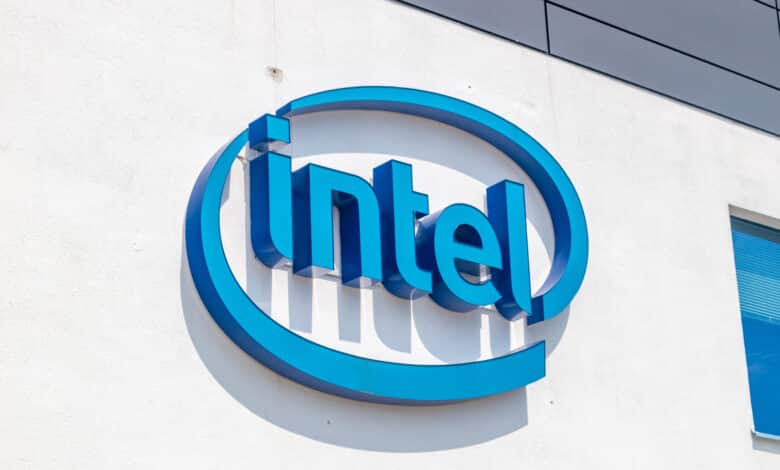
Intel, one of the world’s leading chip manufacturers, is currently in a deep economic crisis that could have far-reaching consequences such as uncomfortable cost-cutting measures. And this is being felt globally. In Germany too. The planned plant in Magdeburg, which is now on the brink of collapse, is particularly affected. But what does this mean for the region and the technology sector as a whole?
Summary:
- Intel is struggling with massive financial problems that are jeopardizing the planned plant in Germany.
- The crisis could result in delays or even a halt to the project in Magdeburg.
- Dependence on state subsidies and global market developments play a key role.
- The outcome of this crisis will have an impact on the European technology sector.
The financial crisis at Intel
Intel has found it increasingly difficult to maintain its dominant position in the semiconductor industry in recent years. Competition from other chip giants such as AMD and NVIDIA has increased the pressure. Added to this are supply chain problems and the growing complexity of developing new chip technologies. These challenges have led to a significant decline in the company’s revenue and share value.
Intel’s financial problems are now also having an impact on planned expansions. The situation is particularly critical for the Magdeburg plant, which is part of a larger strategy to produce advanced semiconductors in Europe. The plant, which is expected to cost billions of euros, was hailed as a pioneering project for the European technology sector. But the current crisis could scupper the plans.
Possible delays and risks for the plant in Magdeburg
The Magdeburg plant, whose plans were announced in February 2022, is of great importance not only for Intel, but also for Germany. It was to serve as a production site for the latest generations of semiconductors and create thousands of jobs. But now the project is on the brink. A key reason for this is the dependence on state subsidies. In the summer of 2022, it was announced that the factory was to receive 6.8 billion euros in support from the EU and the federal government.
In negotiations with the German government, Intel has pushed for additional financial support in order to be able to operate the plant profitably. However, given the company’s current financial situation, it could be difficult to raise the necessary funds. The project is also being viewed critically at European level, as it is seen as a building block for strategic independence from Asian manufacturers.
Should Intel actually put the project in Magdeburg on ice, the consequences would be serious. Not only would the region suffer economically, but also the European technology sector as a whole. Europe’s dependence on Asian chip manufacturers would increase further and the plans for a European semiconductor industry could suffer a serious setback.
Conclusion: An uncertain future for Intel and Germany
The economic crisis at Intel could cause the planned plant in Magdeburg to fail. This would not only have a considerable impact on the regional economy in Germany, but would also have a lasting effect on the European technology sector. The next few months will show whether Intel is able to solve its financial problems and push ahead with the project in Germany, or whether the crisis will bring the ambitious project to a standstill.




